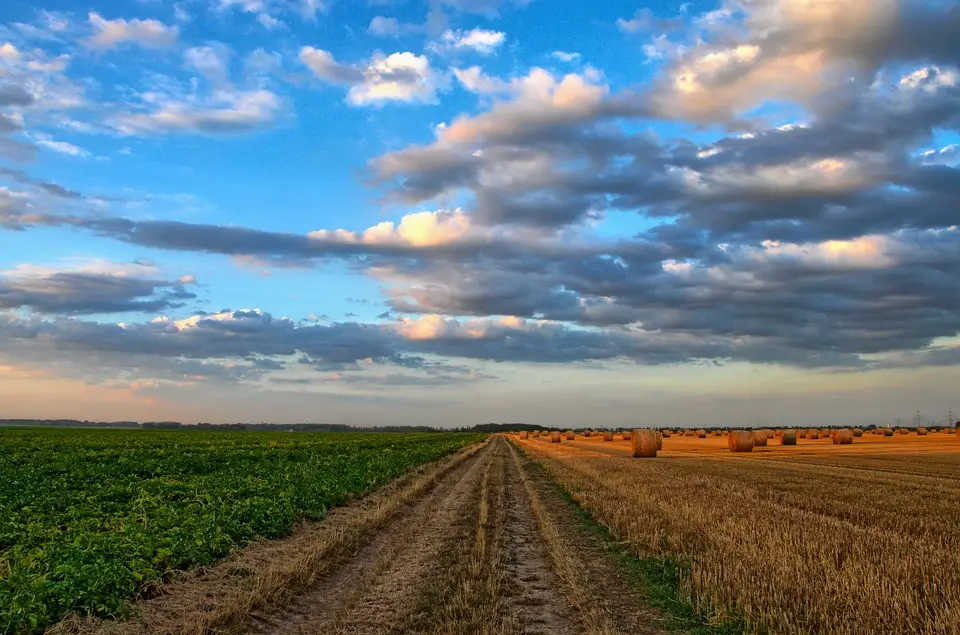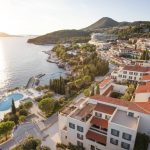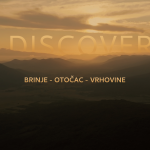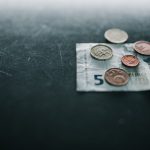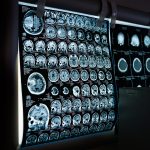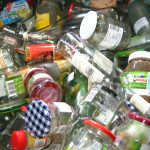As Poslovni Dnevnik/Suzana Varosanec writes, the very first biomimetic company in Croatia operates under the name CROdelicious, the director is Ana Yael Prelog, while the co-owner, known for numerous international environmental projects, is Croatian-American scientist Anamarija Frankic, who teaches coastal ecosystem management and biomimicry at the University of Massachusetts.
The American team in which her students participated in the creation of the biomimetic design of AquaWeb, which involves obtaining water from the air for local food production, won two international awards. Back in 2017 it took home first prize at the Global Biomimicry Design Challenge, as well as the Ray of Hope Prize.
Today, AquaWeb design in Croatia is marketed through CROdelicious, and the system will be tested out on the agricultural property of the University of Zadar – Bastica. At this stage, it is still a pilot project, implemented in cooperation with the Zadar County Development Agency Zadar Nova, meaning that the planning, design and construction of AquaWeb has played a key part of the “AdriaClima” project which is worth a total of 8.8 million euros.
“In general, the goal is to strengthen the adaptation and resilience of local communities to climate change, which we’re witnessing today,” said the director of the aforementioned development agency Marina Dujmovic Vukovic.
This innovative solution by AquaWeb is based on the absorption of water from the air and its subsequent storage, and according to Frankic, AquaWeb wants to show how it is possible to ensure on-site water availability and the proper irrigation of small agricultural areas, especially in periods of water deficit.
”AquaWeb acts as an absorbing infrastructure for atmospheric water, mimicking the way a spider’s web collects water, water storage techniques modelled on various succulent plants, then the transportation of the water like mycelium and structural support in the form of honeycombs. In nature, there are hydrophilic and hydrophobic nanostructures in which different species in nature absorb water from the air. Therefore, this project is based on nanotechnologies,” explained Frankic, adding that she got Fulbright to establish a course in Biomimicry at the Department of Ecology, Agronomy and Aquaculture at the University of Zadar.
In a wave of rapid development, especially over the last 25 years under the pressure of climate change, in parallel with the search for answers to this great threat to the economy, biomimicry is entering into all pores of modern business. It is also present in all scientific disciplines, biomimetic technology, medicine, architecture, design, engineering… It is estimated that about 45 billion US dollars account for investments managed by companies that support bioinspired innovations. Frankic claims that solutions on this basis do exist in Croatia, they’re just not typically recognised and many are not even known of.
AquaWeb’s new initiative for a greater impact of the principle of biomimicry on the business of entities in various industries is already attracting interest and cooperation. A team of young experts, including Matej Vucic (biology), Naum Kiceec (marketing), Marin Bosnjak and Marko Mataic (IT), is creating the first Croatian startup for agriculture based on biomimetics. They intend to put the projects they are preparing for EU funding into money through cooperation in agricultural production, including the networking of interested family farms (OPGs), as well as the introduction of this approach to other activities in a multidisciplinary way, from the construction sector to that of energy.
”Our idea is to facilitate business processes based on biomimicry and through innovative technologies to gain greater value, not only in business on self-sustainable principles, but for society as a whole, our environment and the entire country,” stated Kiceec.
Biomimicry is gaining more and more importance, explained Frankic, because there is no waste in nature, everything is efficient, multifunctional and sustainable on the basis of collaboration, and not just in competition as we’re taught. In biomimicry, we can learn how to be self-sustaining, thus, based on the results of monitoring in Zadar’s Bastica, guidelines will be planned for the further implementation and application of innovative technologies and ”nature based” biomimetic solutions in agriculture and in self-sustainable local development.
Depending on the results, activities and planning for potential commercial production will continue, and given climate change and the dire need for water, the sky quite literally is the limit for AquaWeb’s praiseworthy idea.
For more, follow our lifestyle section.

